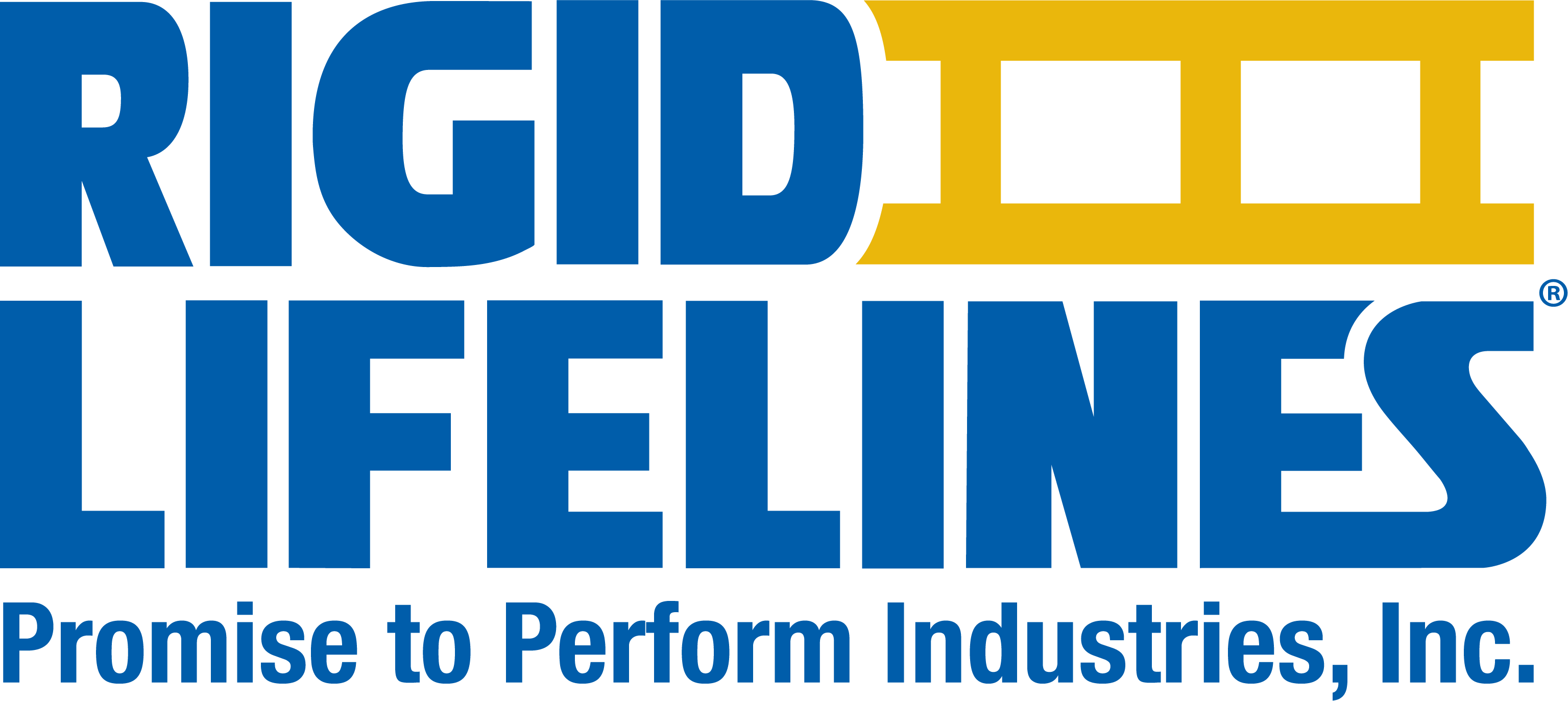Fall Protection Forum
Recent Posts
November 9, 2016
What is a Fall Hazard Survey Report?
Before preparing and implementing fall protection procedures, it’s essential to perform a fall hazard survey for every workplace activity where workers are exposed to a fall hazard. Once you have identified potential fall hazards, the next step is to develop a fall hazard survey report. The point of this report…
October 26, 2016
Workplace Falls: The Cost of Doing Business?
According to the National Safety Council, fall injuries contribute to a large percentage of workers’ compensation and medical costs for companies from all types of industries. This cost has been approximated at 70 billion dollars annually in the United States alone. As a result, CFR 1926.501 Fall Protection is the…
October 12, 2016
Part 4: Fall Protection Procedures: Minimum Requirements for a Managed Fall Protection Program
According to the National Fall Protection Code, ANSI/ASSE Z359.2-2007, fall protection procedures are an essential part of developing minimum requirements for a comprehensive managed fall protection program. Last week we discussed training and evaluation; this week we are going to discuss part four of the series—fall protection procedures and general…
October 5, 2016
Part 3: Training and Evaluation: Minimum Requirements for a Managed Fall Protection Program
Training and evaluations are an essential part of a comprehensive managed fall protection program, especially considering the overall importance of safety and proper training in the workplace. We know, from the American National Standard (ANSI/ASSE Z359.2-2007), that there are a total of nine defined personnel in a comprehensive managed fall…
September 28, 2016
Part 2: Personnel: The Minimum Requirements for a Managed Fall Protection Program
Employers have a lot of duties and responsibilities when it comes to at-height workers. Part two of this four-part blog series covers the responsibilities and functions of different fall protection personnel—following the national standard that determines the minimum requirements for a comprehensive fall protection program—ANSI Z359.2-2007. When reading about fall…
September 22, 2016
Part 1: Employers: The Minimum Requirements for a Managed Fall Protection Program
Employers have a lot of duties and responsibilities when it comes to at-height workers. Part one of this four-part blog series covers the expectations for employers to keep their workers safer at height—following the national standard that determines the minimum requirements for a comprehensive fall protection program—ANSI Z359.2-2007. POLICY STATEMENTS:…
December 7, 2015
Interactive Hazard Training
Many companies today struggle with getting employee safety training to stick. Most employee training sessions consist of watching professional videos and/or teaching in a classroom setting. Although these traditional methods are effective, employee engagement is often low, resulting in employees retaining less information. Interactive hazard training encourages a higher level…
June 14, 2013
How Harness Materials are Made
Prior to the 1960s, cotton was the fabric of choice for all industrial products that needed textiles. Although the fabric was cheap and plentiful, it did not hold up well in harsh environments. By the early 1960s, synthetic blends became available for American manufacturers. Once people experienced the rugged durability…
- « Previous
- 1
- 2
